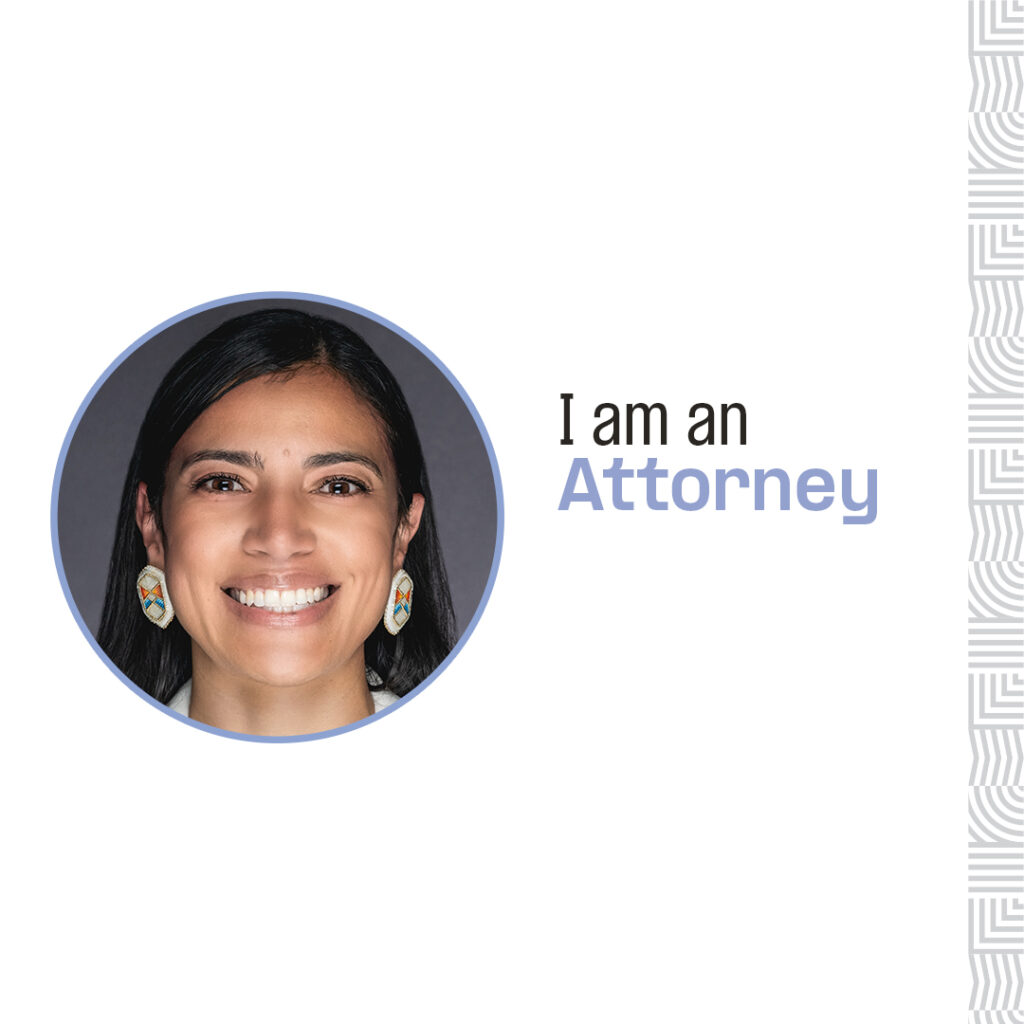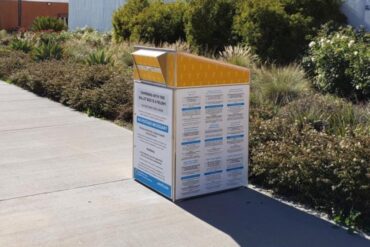
Native American Heritage Month is a time to recognize and celebrate American Indian culture.
As part of a series about Matador alumni, CSUN Newsroom spoke with Rosemary Avila ‘08 (Sociology) who works as an attorney with Rosette LLP, a Native American law firm with offices in Arizona, California and Oklahoma that specializes in Federal Indian law and represents tribal governments and entities.
“Much of my work focuses on child dependency cases, specifically the Indian Child Welfare Act where I ensure that tribes’ rights and interests are protected in proceedings related to the welfare of their tribal children,” Avila said.
During her studies at CSUN, Avila served as the president for the American Indian Student Association (AISA), was actively involved in Movimiento Estudiantil Chicane de Aztlán La Unión Hace la Fuerza (MEChA) and was a student organizer for the California Faculty Association. She participated in and organized events, protests and calls to action.
“All of this helped to solidify my understanding that collective protest, resistance and organizing is not only powerful, but necessary,” Avila said. “I carry that spirit of advocacy in my work as an attorney. I advocate for the communities I come from. I advocate for tribes’ inherent right to protect their children in a system that has historically left them out of the process, and I will always advocate for a better world for all of our children.”
During her first year at CSUN, Avila said, she found inspiration to pursue a career in law. After submitting her first assignment in a general education requirement writing class, her professor, Harry Gamboa Jr., asked to meet with her. He told Avila she should think about becoming a lawyer because her writing was “powerful and persuasive.”
“That was the first time I seriously considered [becoming an attorney] because he truly believed in my abilities, which made me believe in myself,” Avila said. “Throughout my time at CSUN, he served as a mentor who continued to encourage and challenge me.”
Gamboa was one of the many amazing professors she had and got to know at CSUN, Avila said.
“I am forever grateful to him because now I am the first attorney in my family,” she said.
She’s also thankful to student groups like AISA and MEChA, and the Departments of American Indian Studies, Chicano/a Studies, Africana Studies and Asian American Studies for the welcoming and inclusive environment they provided while she was a student.
“CSUN is such a beautifully diverse community, so being multicultural myself, I felt right at home,” Avila said. “Being able to make meaningful connections with people who share and understand your background, values and culture in a large university setting is such a gift. It truly enhanced my experience at CSUN.”
Avila shared some advice for prospective students at CSUN.
“Your path might not be clear, and you may have uncertainty in how things will work out, but I firmly believe that all the right people, all the right opportunities and all the right doors will be available to you when you need them to be,” Avila said. “Deciding to pursue higher education is a significant and brave step. Once you are there, don’t be afraid to ask for help — seek resources and mentors, dabble in the unknown and unexplored, and perhaps most importantly, find community!”




Comments are closed.